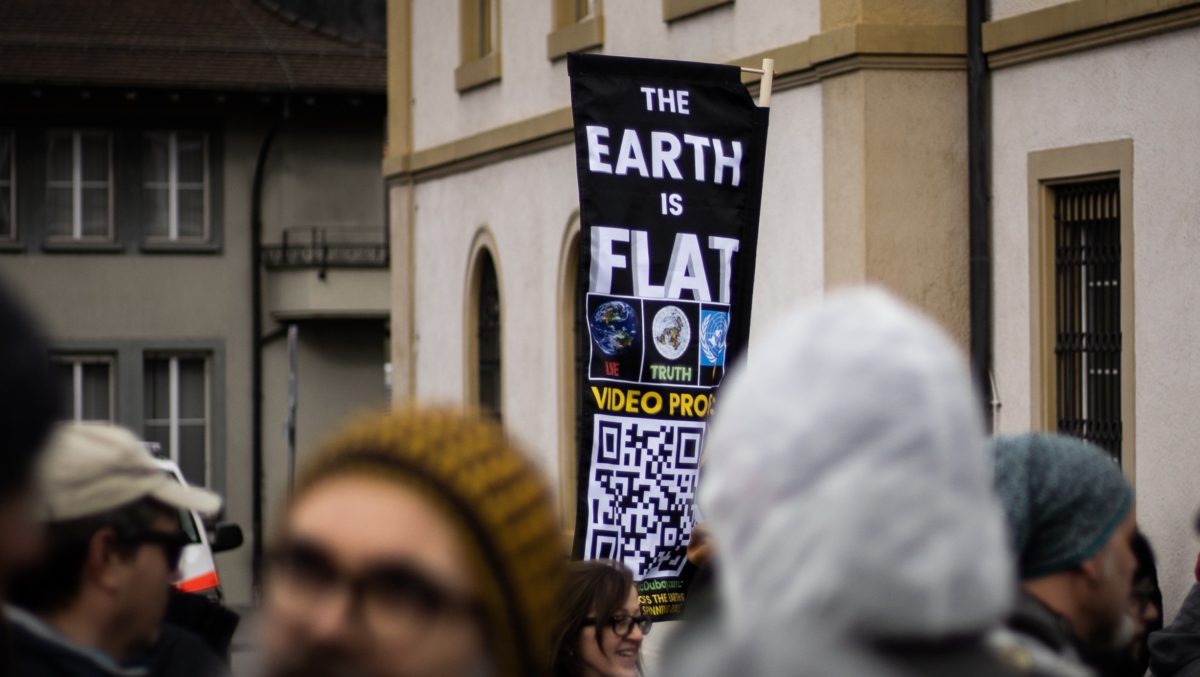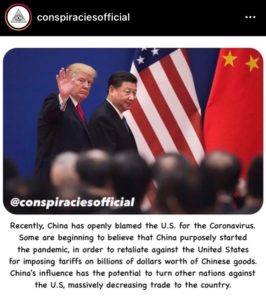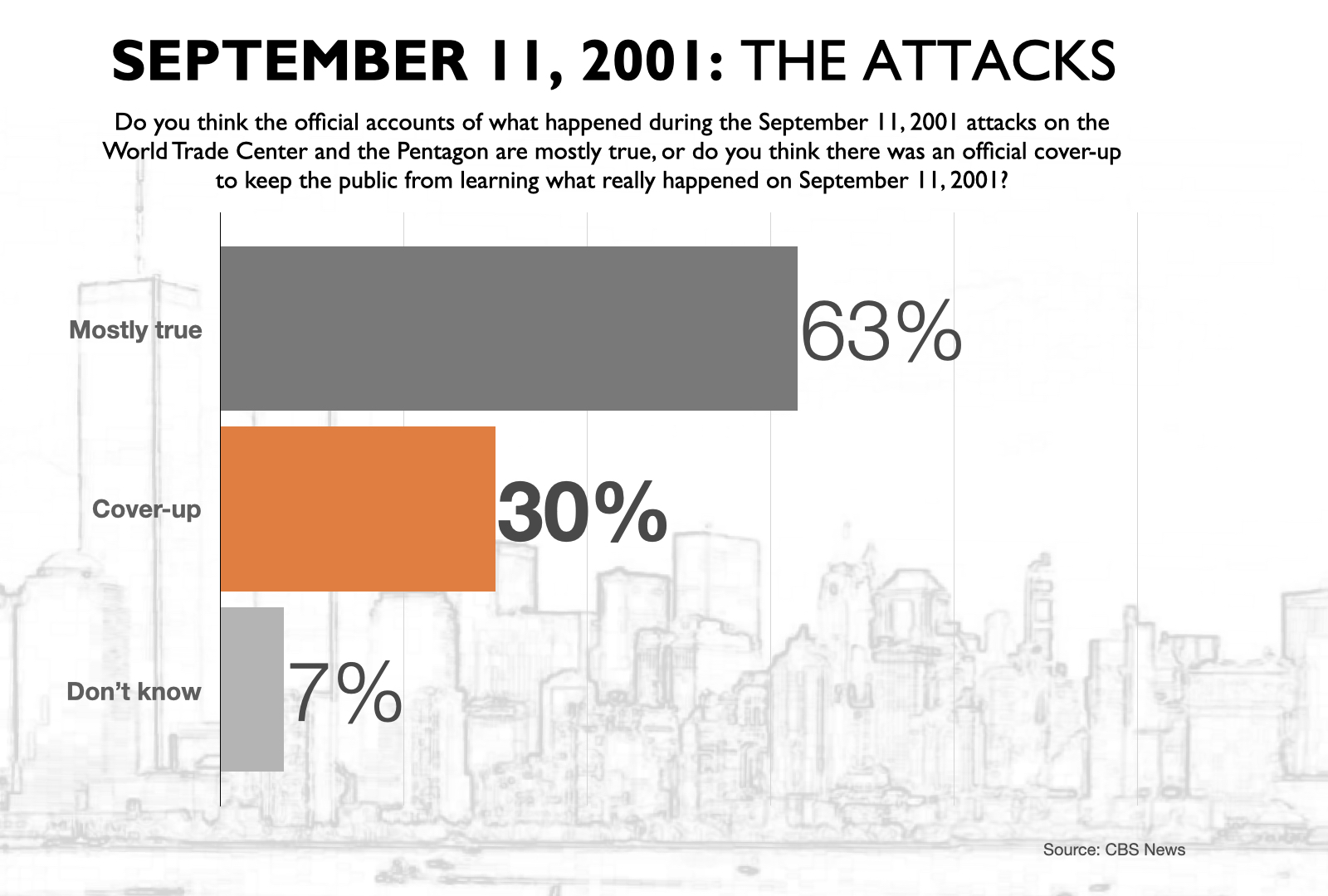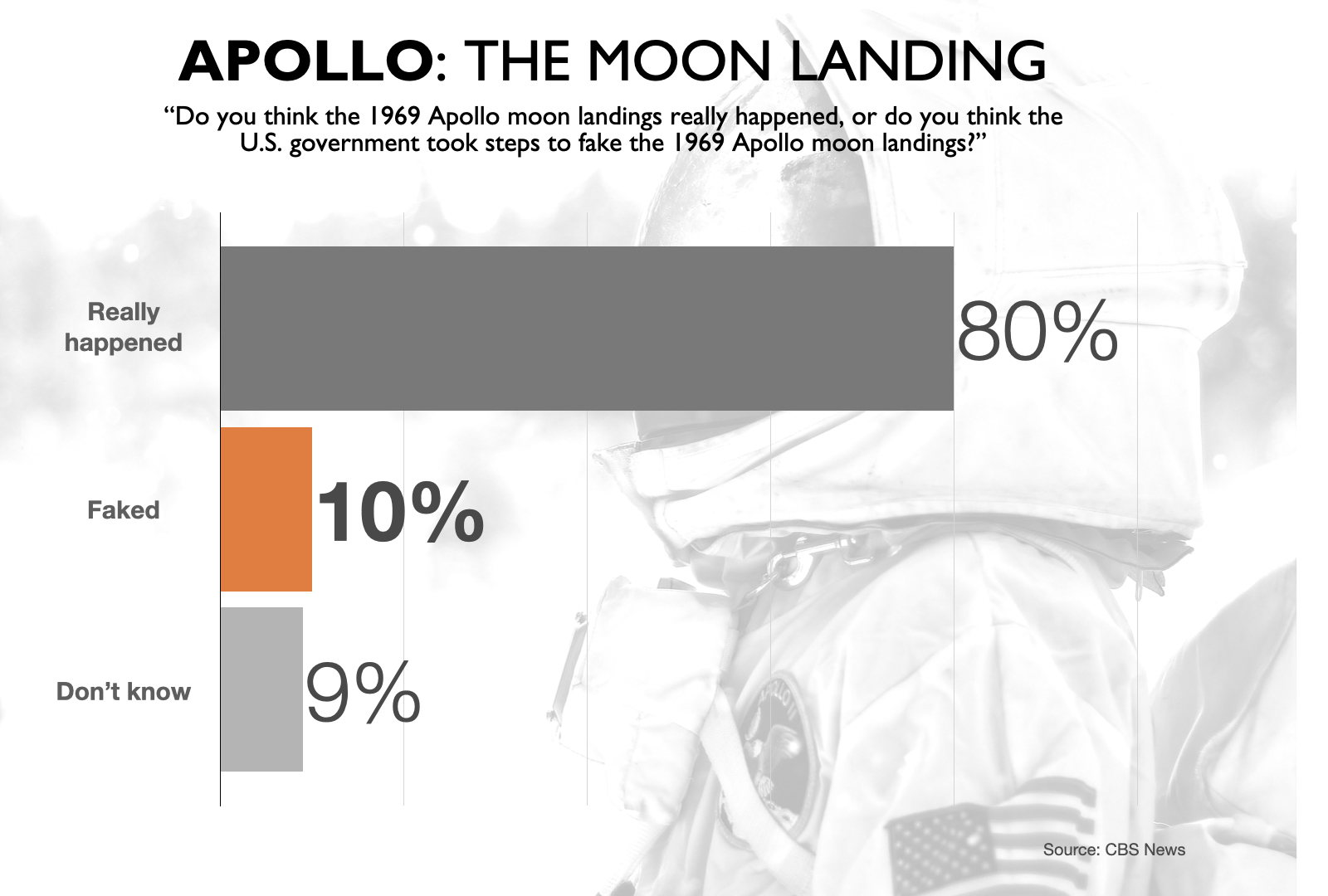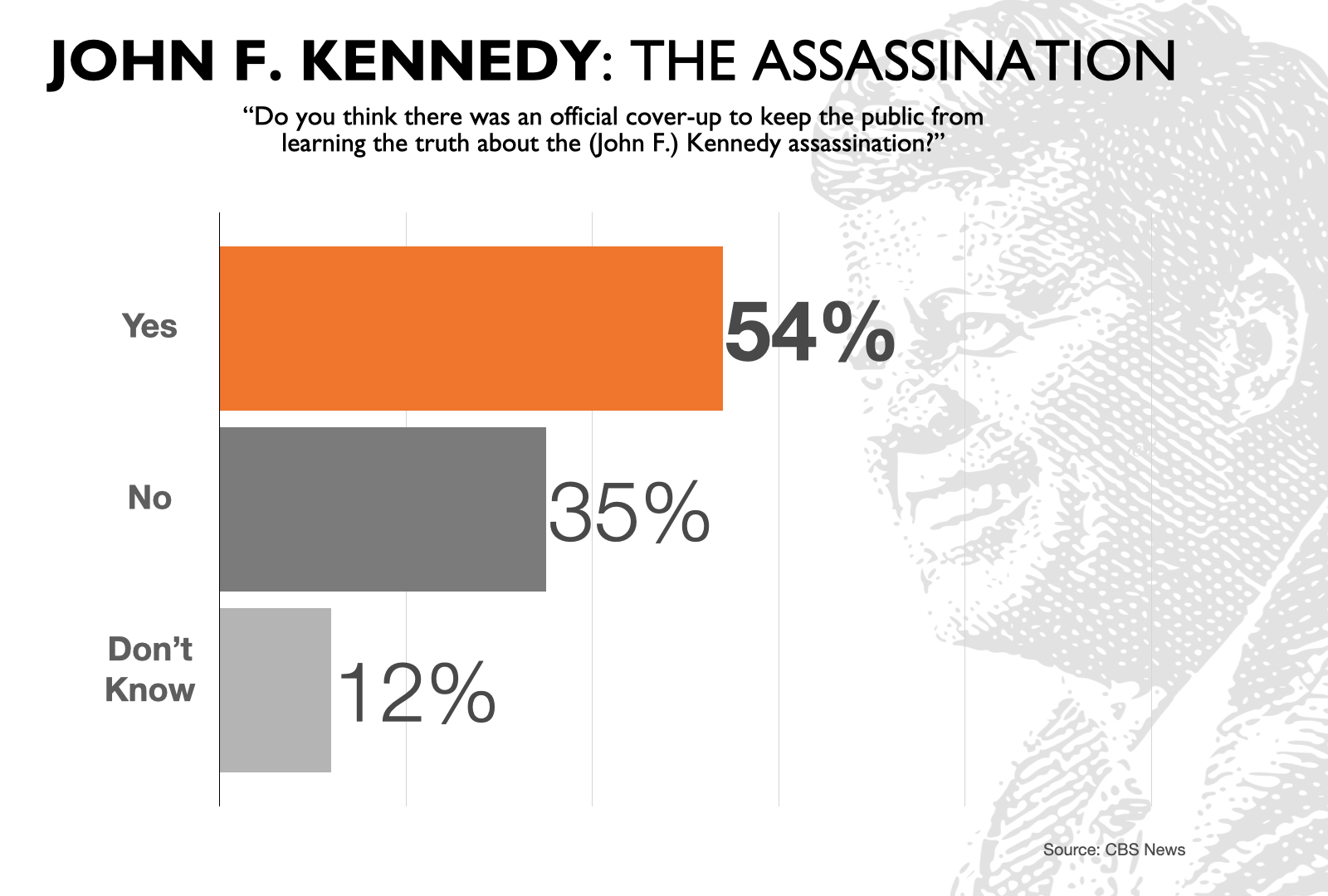A faked moon landing, a coup d’etat to kill the president, and a planned terrorist attack are just a few of the most infamous American conspiracy theories. Today, the internet’s virality and the omnipresence of social media have conjured a breeding ground ripe for disinformation. And more conspiracies have emerged.
Recently, a number of theories wrought notable and even violent consequences. Empowered by a rampant falsehood that Hillary Clinton was running a child sex trafficking ring in the basement of a pizza parlor in Washington, D.C., an armed man arrived at the location eager to put an end to the supposed activity. Just months ago, the armed insurrection of the U.S. Capitol on January 6 made clear how dangerous were the false claims that the 2020 election had been rigged.
But what about the facts? What about the role of a free and independent press to inform the public?
The confluence of historically low trust in news and the viral nature of conspiracy theories online has fostered a news environment rife with muddled facts and persistent disinformation.
2020 Election
The Conspiracy…
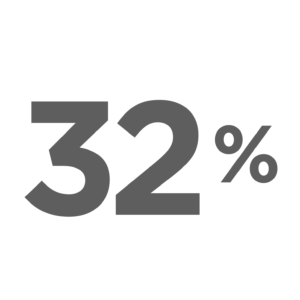
of Americans
believe Joe Biden won the 2020 election due to
“voter fraud”
Monmouth
The Credible News…

of Americans
say media coverage of the 2020 election after the polls closed was
“largely inaccurate”
Pew
Coronavirus
The Conspiracy…
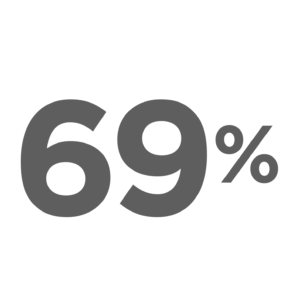
of Americans
“believe that” or
“don’t know if”
COVID-19 was created in a lab in China.
NPR/Ipsos
The Credible News…
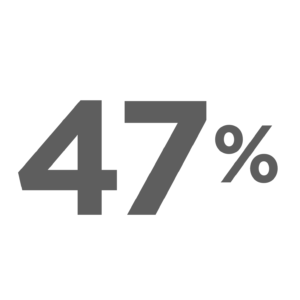
of Americans
do not trust in news about COVID-19 from
National TV News
Axios/Ipsos
The influence of conspiracy theories has not gone unnoticed by Americans. Almost three-quarters (73%) of Americans believe that conspiracy theories in the U.S. are out of control, according to a Quinnipiac poll. That said, another poll from Quinnipiac reported that most are split on whether or not those beliefs are problematic (41%) or a definite crisis (34%).
Regardless, it’s clear to Americans that conspiracy theories are gaining traction. Two years before the violent display at the Capitol on January 6, CBS News polled on conspiracy theories and found that a majority of Americans (59%) believed that people were more likely to believe in conspiracy theories than they were 25 years before.
The difference could be attributed to rapid dissemination online: in fact in that same poll, most Americans (77%) seem to agree that this growing trend of belief or fascination with conspiracy theories is due to their growing presence on social media and the internet.
Examples of Conspiracy Posts on Social Media
More than simply facilitating the spread, social media has been the site of origin for new conspiracy theories, like QAnon. Originating on a message board in 2017, messages from a mysterious user, Q, caught fire and proliferated dark conspiracy theories –– most notably, the claim that Donald Trump was secretly leading the charge against Satanic pedophiles (who followers said were high-ranking Democrats and celebrities).
A partisan divide appears evident in who espouses or condemns this theory, further amplifying the political and social impacts of the conspiracy –– of the Americans who had heard or read about QAnon, 9 in 10 Democrats said that it is a bad thing for the country while just half of Republicans agreed, according to the Pew Research Center.
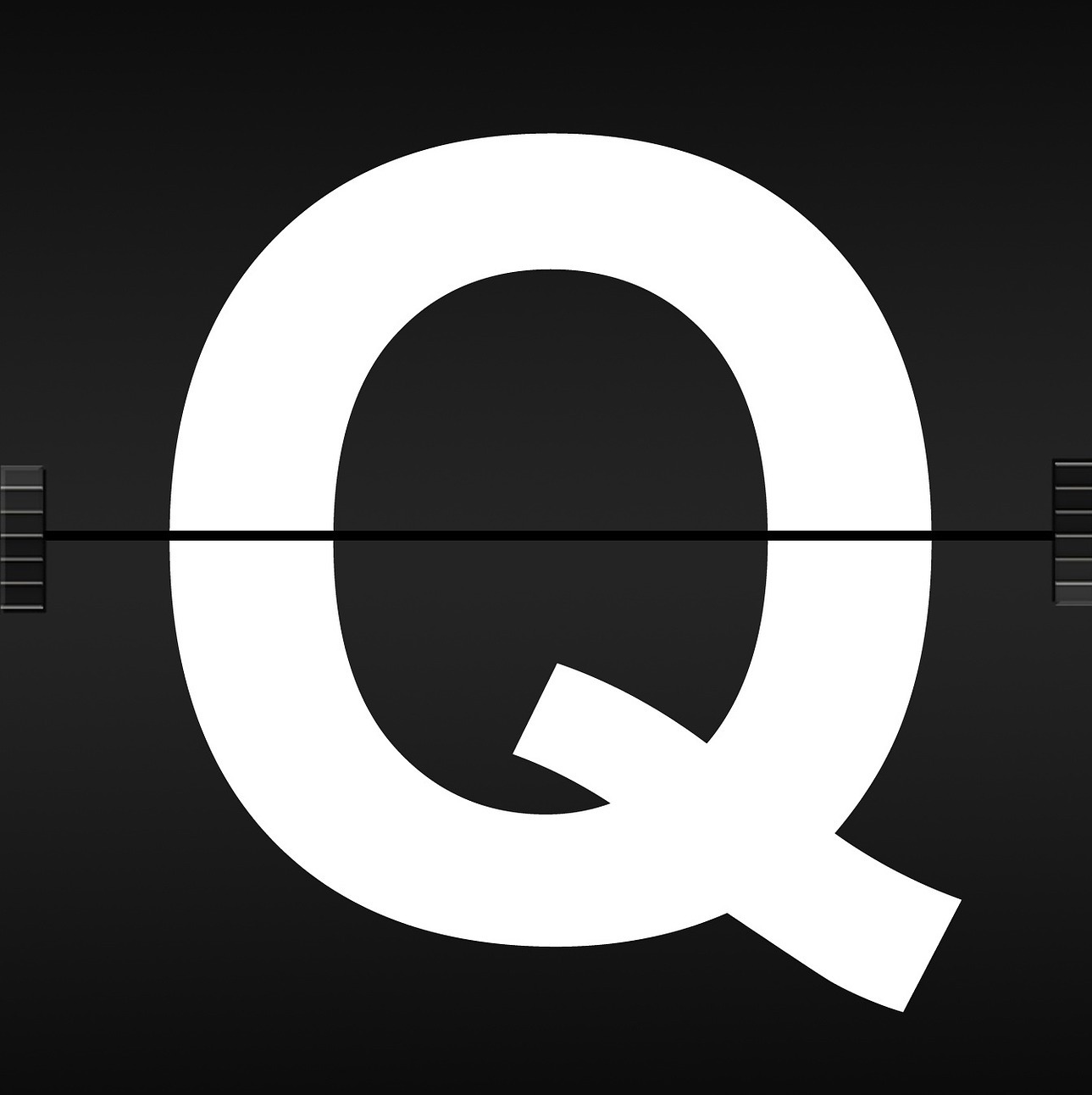
Americans who said they believed or were unsure about whether a group of Satan-worshipping elites who run a child sex ring are attempting to control politics and the media.
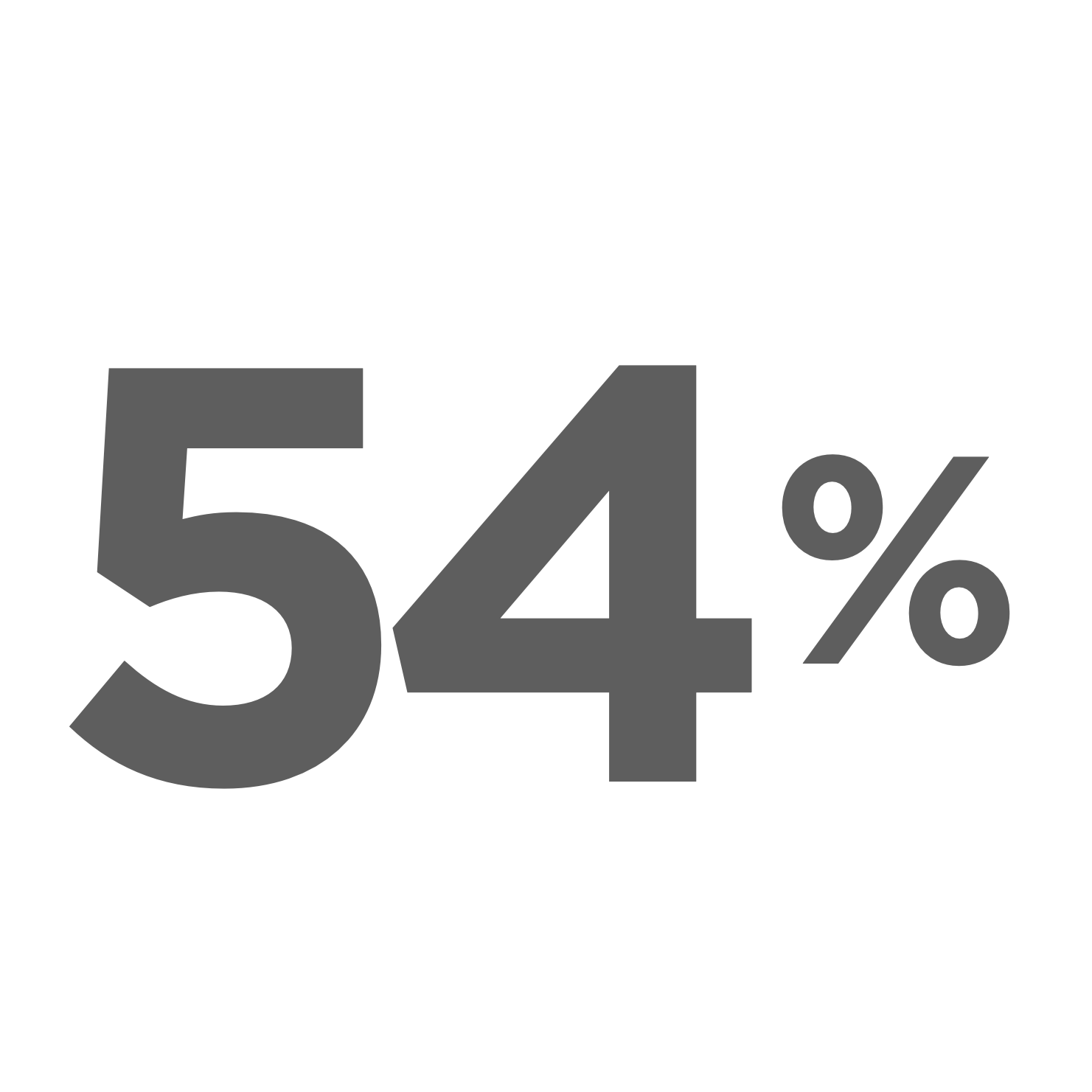
The long lifespan of some conspiracy theories is evident according to results from a CBS News poll in 2018. Some famous examples –– John F. Kennedy’s assassination, the 1969 Apollo moon landings, and 9/11 –– show that a deeply-rooted conspiracy can live on for decades. Pop culture can play a significant role in firmly establishing these conspiracy theories; for instance, of the Americans who had seen the 1991 movie JFK, a quarter said it made them more likely to think there was a conspiracy behind the assassination, according to an ABC News poll.
How Many Americans Believe Classic Conspiracy Theories? (2018)
Conspiracy theories have emerged throughout history, particularly in times of crisis. While social media may help conspiracies spread, the past shows that it isn’t likely Facebook, Twitter and the like are the only reason we find ourselves awash in myths. That said, the viral nature of social media continues to play at least some role in the development and proliferation of modern-day conspiracies, begging the question: Who is responsible for the spread of misinformation online? And should anyone be held accountable for what users post?
The CEOs of Facebook, Twitter, and Google faced these questions last week before Congress. Who should be the arbiter of the truth remains a central question, one that has become more urgent as trust in news falters and conspiracies boom.
College 2 Career Interns Sarah Lynch and Astrea Slezak wrote this report.

